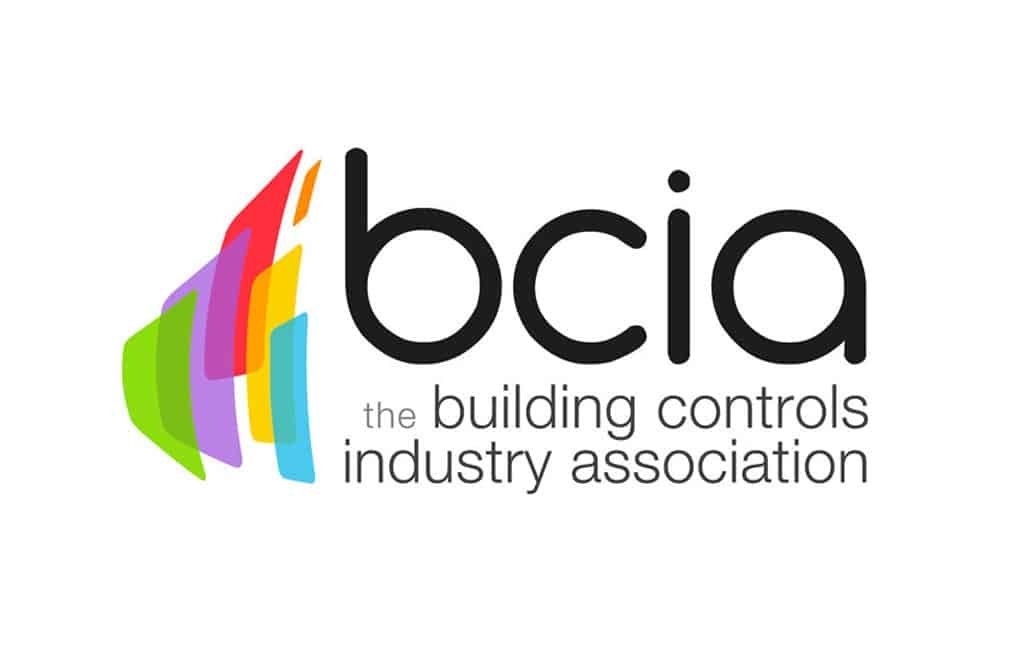President’s Blog - Utilising building controls in retrofitting: A call to action
With sustainability becoming a major focus of the building controls sector and the construction industry as a whole, the Building Services Forum was a great opportunity for industry professionals to get together and debate the challenges facing us all. The well-attended panel debate highlighted the importance of retrofitting and how building controls can play a huge role in the decarbonisation of UK buildings.
Given the government’s target of net zero by 2050, the time to act is now and industry professionals must work together to reach the target. Indeed, everyone in the industry, whether architects, specifiers, manufacturers, building services engineers and facilities managers, has a part to play in helping the UK reduce its carbon emissions.
The vital role retrofitting will play in reducing carbon emissions
One of the main talking points of the day was the benefits of retrofitting existing buildings. In fact, the forum highlighted the need for a national programme of building retrofit and refurbishment, with the benefits too plentiful to ignore. For instance, not only would the industry taking a holistic approach lead to the conservation of energy, it could also significantly improve occupant comfort and wellbeing, lower costs, and reduce the impact existing or historic buildings can have on the environment.
Of course, building controls and retrofit projects can go hand-in-hand. Indeed, as highlighted in the BCIA’s response to the recent Future Building Standards consultation, the installation of a Class A building management system in an existing building could reduce energy consumption by around 30%. As a result, carbon emissions will be reduced and occupant energy bills lower.
While many of us are acutely aware of the benefits of building controls, there are plenty of people who have no idea about the important role BMS will have in the years to come. One of the biggest challenges highlighted was persuading people to invest in improving the performance of buildings.
Indeed, while some building owners or asset managers may consider the reduction of carbon emissions and energy consumption, they won’t necessarily take into account the increased workplace output, building fabric longevity, improved air quality or enhanced occupant health and comfort.
Education is essential
With sustainability increasingly gaining significance as each year passes and we get closer to the government’s 2050 target, the building services industry needs to do more when it comes to the education and knowledge-broadening of not only those in the industry but those outside it, too.
The built environment has the potential to play a major part in the net zero challenge, but it’s going to require significant skills and resources. One way in which the BCIA is looking to support this demand is through the Building Controls Engineer Apprenticeship scheme, recognised as a ‘green’ apprenticeship at its core. It is the only focused apprenticeship available to the building controls sector. Available since 2021, the programme offers a comprehensive balance of on-the-job assessments and technical training to help building controls engineers keep the buildings of tomorrow running efficiently.
The staggering thing I discovered during the forum and talking to many of the industry professionals at the event was that only three people there had come through any type of apprenticeship scheme. I couldn’t believe the number was so low and it’s something the industry needs to focus on and improve, not just for the benefit of buildings now but those in the future, too.
Furthermore, while building controls are increasingly recognised in public sector retrofitting schemes, there is more that can be done to ensure politicians and policy-makers understand that building controls are a vital tool in the fight to reduce carbon emissions and reach the targets set for energy reduction.
In comparison to mainland Europe, we still have some way to go, but we can take inspiration from the successful policy drivers they have introduced. In fact, it’s down to all the trade associations in the related industries to come together to make a louder voice!
It was pleasing to see so many industry professionals at the event and the fierce debates and engaging seminars will no doubt have increased awareness of the benefits of building controls. I have full confidence that we have the knowledge, understanding and technological advancements in place to ensure that building controls is at the forefront of decarbonisation and the reduction of energy consumption. However, it’s evident that investment and focus is needed – it’s down to us all to make sure that happens.

